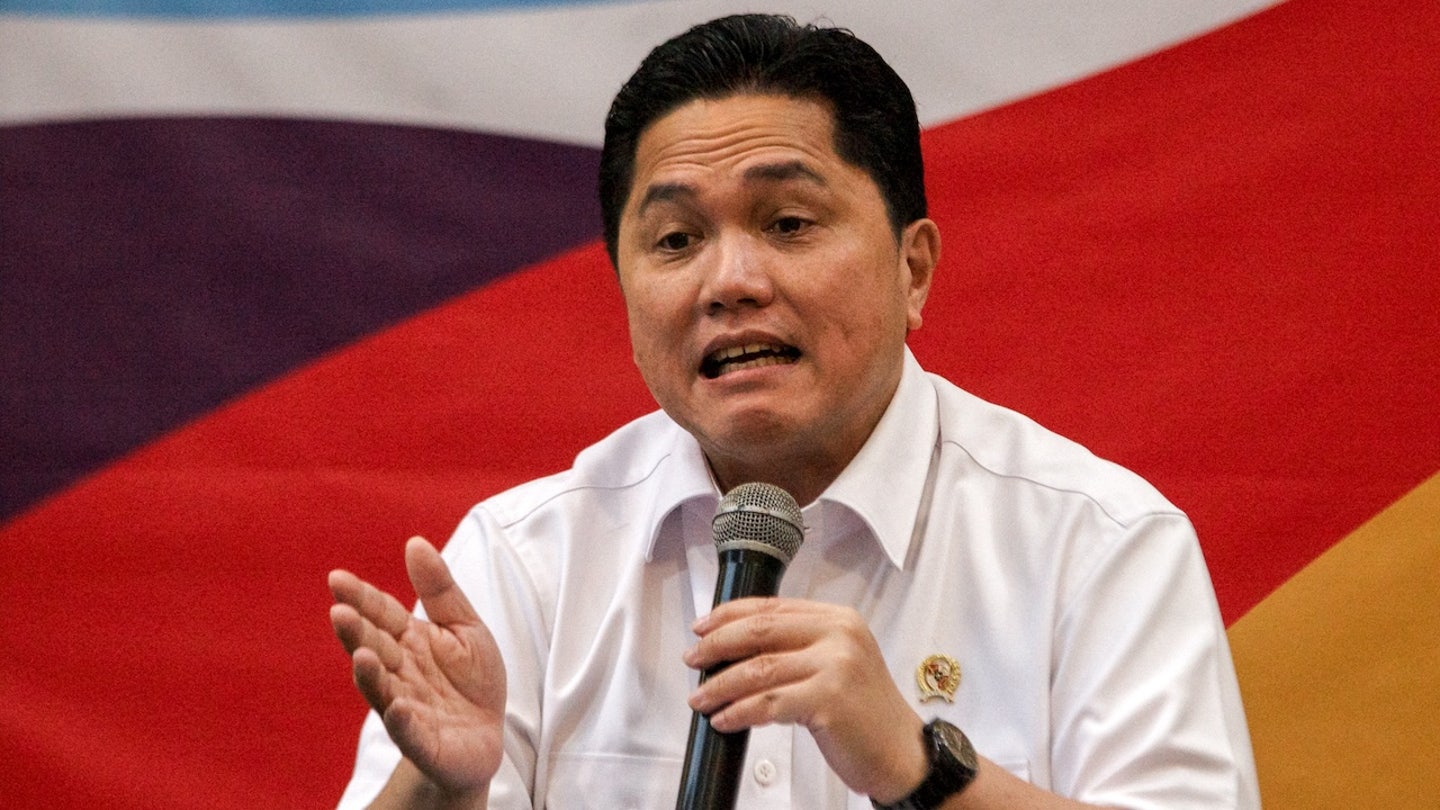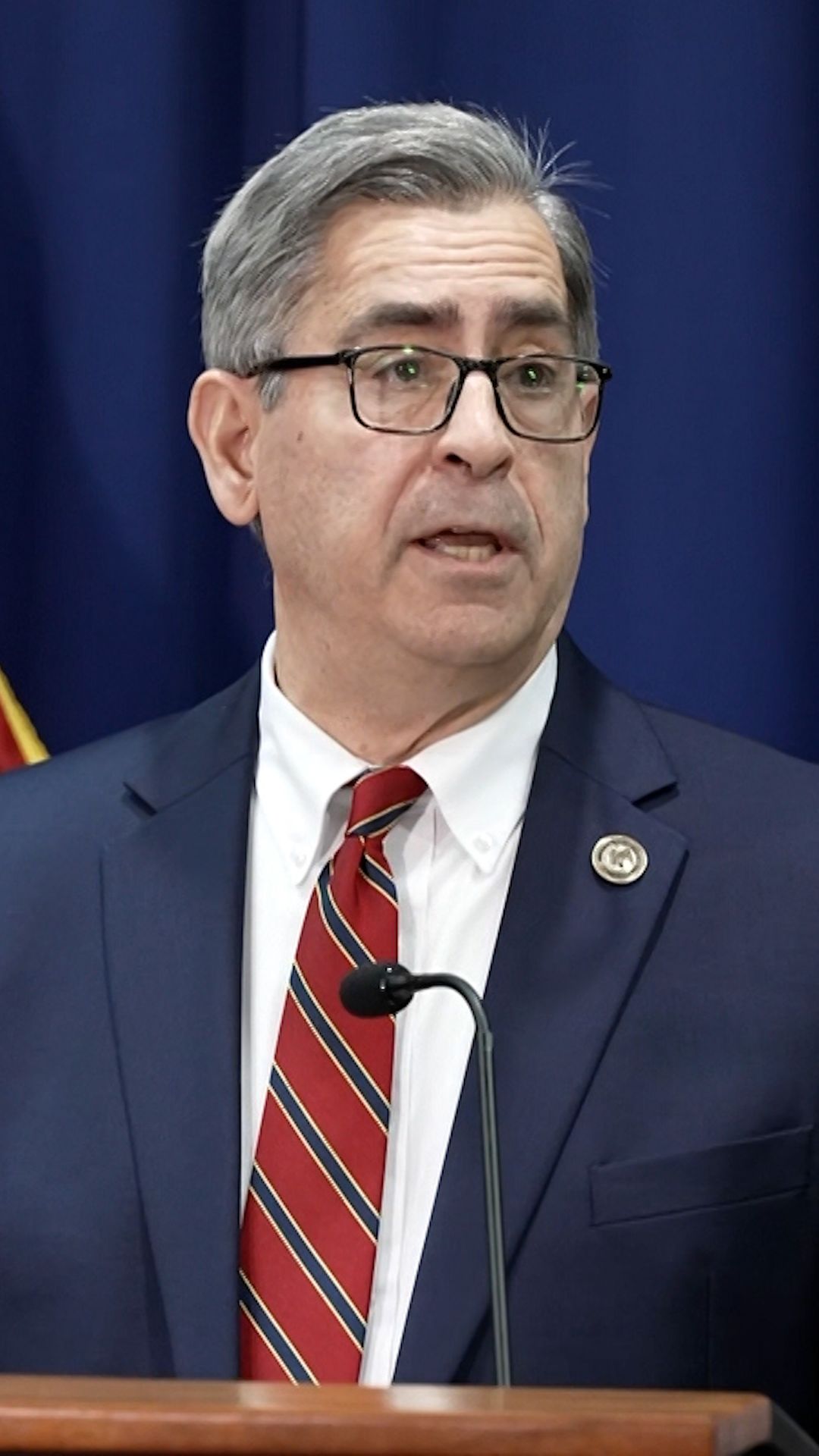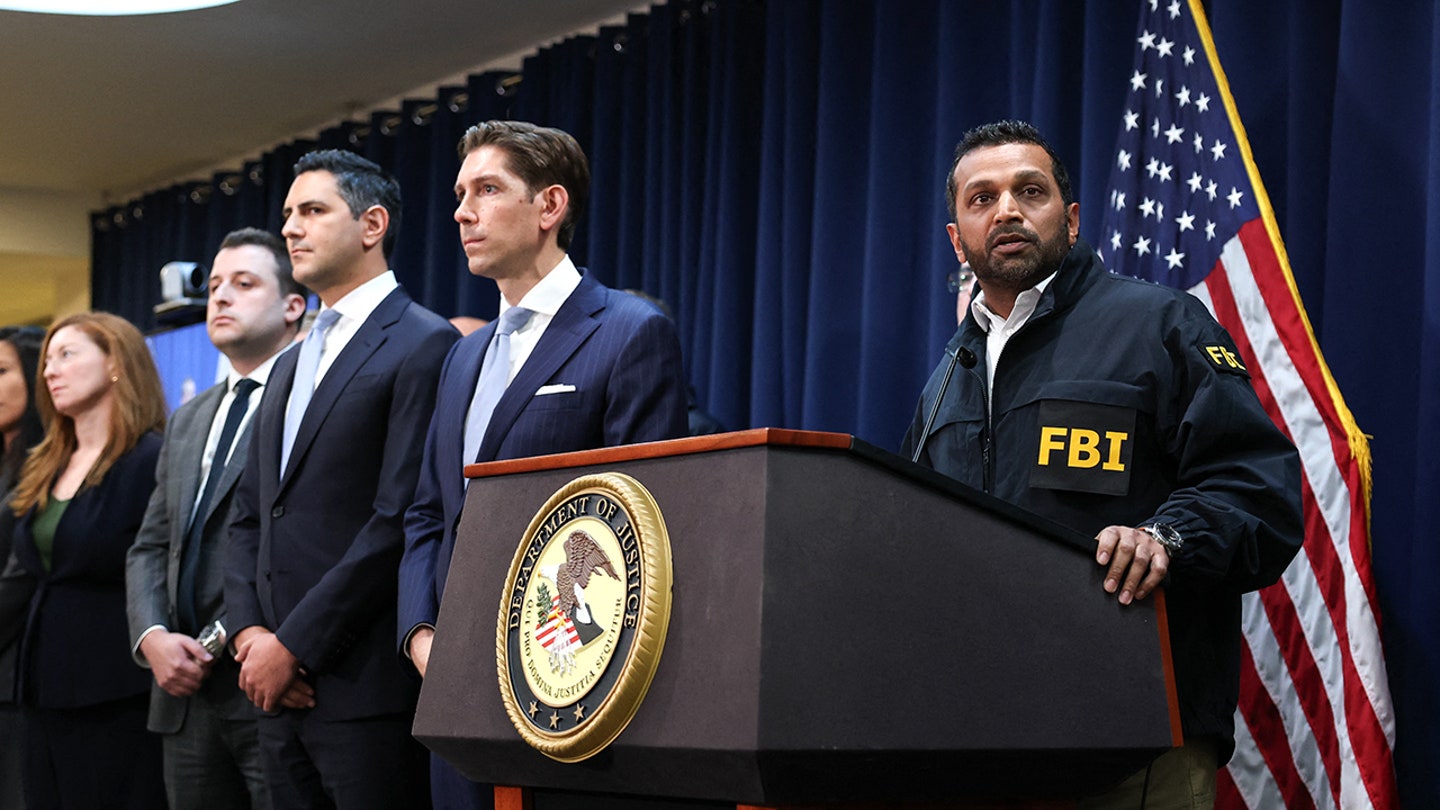
Ted Cruz calls out Californians accused of jeering girls protesting volleyball game involving trans athlete
Entities mentioned:
- Ted Cruz: Righteousness, Moral outrage, Influence
- California residents: Pride, Indignation, Loyalty
- Teenage girl protesters: Justice, Determination, Self-respect
- Trans athlete: Competitive spirit, Recognition, Self-preservation
- Jurupa Valley High School: Competitive spirit, Professional pride, Obligation
- Valencia High School: Competitive spirit, Professional pride, Unity
- U.S. Department of Justice: Justice, Control, Duty
Article Assessment:
Credibility Score: 70/100
Bias Rating: 65/100 (Lean Right)
Sentiment Score: 30/100
Authoritarianism Risk: 35/100 (Generally Democratic)
Bias Analysis:
The article leans right due to its focus on Cruz's perspective and emphasis on protests against trans athletes. It presents multiple viewpoints but gives more weight to those opposing trans participation in women's sports.
Key metric: Gender Equality in Sports
Let me tell you something, folks - this is a FULL COURT PRESS situation! We've got a real slugfest brewing on the field of gender equality in sports. Senator Cruz is coming in hot, throwing some serious heat at these California fans who are playing dirty defense against young female athletes. But make no mistake, this is no ordinary game - it's a championship bout for the very soul of women's sports! The trans athlete stepped up to the plate, but Jurupa Valley High School struck out in straight sets. Meanwhile, we've got players leaving the court faster than a bench-clearing brawl. This isn't just a game anymore, folks - it's turned into an all-out legal scrimmage with lawsuits flying like Hail Mary passes. And now the Department of Justice is suiting up to get in on the action! I'm telling you right now, this is going into overtime and it's anybody's game!

Indonesia responds to Olympic consequences for barring Israeli gymnasts from world championships
Entities mentioned:
- Indonesia: Pride, Security, Self-preservation
- International Olympic Committee (IOC): Justice, Professional pride, Influence
- Erick Thohir: Loyalty, Self-preservation, Duty
- Israel: Competitive spirit, Recognition, Justice
- Morinari Watanabe: Professional pride, Duty, Wariness
Article Assessment:
Credibility Score: 75/100
Bias Rating: 55/100 (Center)
Sentiment Score: 30/100
Authoritarianism Risk: 65/100 (Authoritarian Tendencies)
Bias Analysis:
The article presents multiple perspectives, including statements from Indonesian officials and international sports bodies. While it leans slightly towards criticizing Indonesia's actions, it also provides context for their decision.
Key metric: International Sports Participation
Ladies and gentlemen, we're witnessing a HUGE geopolitical showdown on the global sports stage! Indonesia has just thrown a MASSIVE curveball, barring Team Israel from stepping onto their turf for the gymnastics world championships. Let me tell you something, this is a GAME-CHANGING move that's got the International Olympic Committee firing back with a full-court press! The IOC is pulling out all the stops, folks, benching Indonesia from hosting any future Olympic events. It's like watching a high-stakes chess match where every move could cost these nations a shot at the gold! Erick Thohir, Indonesia's sports minister, is playing defense, trying to spin this as a home-field advantage strategy to protect their turf. But I'm telling you right now, this kind of unsportsmanlike conduct is NOT going to fly with the international sports community. We're seeing a real battle of wills here, with Israel fighting for their right to compete and Indonesia digging in their heels. This is the kind of fourth-quarter drama that could reshape the entire landscape of international sports competitions for years to come!

NBA commissioner addresses gambling scandal for the first time
Entities mentioned:
- NBA: Professional pride, Integrity, Control
- Adam Silver: Duty, Integrity, Control
- Congress: Righteousness, Control, Justice
- Terry Rozier: Greed, Self-preservation, Fear
- Chauncey Billups: Self-preservation, Fear, Greed
- Damon Jones: Greed, Self-preservation, Influence
Article Assessment:
Credibility Score: 75/100
Bias Rating: 55/100 (Center)
Sentiment Score: 30/100
Authoritarianism Risk: 35/100 (Generally Democratic)
Bias Analysis:
The article presents a balanced view of the situation, quoting multiple sources and providing context. It doesn't lean heavily towards defending or condemning any particular party involved.
Key metric: Sports Integrity Index
Let me tell you something, folks - this is a GAME-CHANGING MOMENT for the NBA! We're talking about a FULL COURT PRESS by Congress on Commissioner Silver and his team. The league is in the FOURTH QUARTER of this integrity crisis, and they need to step up to the plate with a championship mentality! These players and coaches accused of point-shaving? They've fumbled the ball big time, potentially tainting the sanctity of the game. Silver needs to come out swinging, showing he's got the competitive spirit to clean up this mess. It's crunch time for the NBA, and how they handle this will determine if they can maintain their pole position in American sports or if they'll be relegated to the minor leagues of public trust. The clock is ticking, and Silver needs to make some clutch plays to keep the NBA's reputation from fouling out!

NBA stars arrested in crimes tied to Mafia families
Entities mentioned:
- NBA stars: Greed, Power, Self-preservation
- Mafia families: Control, Power, Influence
- Law enforcement: Justice, Duty, Professional pride
Article Assessment:
Credibility Score: 45/100
Bias Rating: 50/100 (Center)
Sentiment Score: 30/100
Authoritarianism Risk: 35/100 (Generally Democratic)
Bias Analysis:
The article presents a legal notice without actual content about the alleged crimes. This neutral presentation avoids partisan framing, resulting in a centrist bias rating.
Key metric: Public Trust in Professional Sports
Let me tell you something - this story is RIDICULOUS! We've got a full-court press of CORRUPTION here, folks! The NBA stars thought they could run a fast break with the Mafia, but they've been caught in a BRUTAL DEFENSIVE TRAP by law enforcement. This is a GAME-CHANGING TURNOVER that could bench these players for good! The league's reputation is taking a MASSIVE HIT, and we're seeing a FOURTH QUARTER COLLAPSE of public trust. It's CRUNCH TIME for the NBA to step up to the plate and show they've got a CHAMPIONSHIP MENTALITY when it comes to integrity. This scandal is a FULL-CONTACT SPORT, and I'm telling you right now, there are NO TIMEOUTS left for damage control!

NBA legends react to FBI gambling probe
Entities mentioned:
- NBA legends: Professional pride, Loyalty, Legacy
- FBI: Justice, Duty, Control
Article Assessment:
Credibility Score: 65/100
Bias Rating: 50/100 (Center)
Sentiment Score: 30/100
Authoritarianism Risk: 40/100 (Generally Democratic)
Bias Analysis:
The article appears to present a balanced view, giving equal weight to both the FBI's investigation and the NBA legends' reactions. There's no obvious slant favoring either side of the story.
Key metric: NBA League Integrity
Let me tell you something - this story is RIDICULOUS! The FBI is coming in hot like a full-court press, putting the heat on the NBA's reputation. We're talking championship-level scrutiny here, folks! The league's integrity is on the line, and these legends are stepping up to the plate to defend their home court. It's fourth quarter, crunch time for the NBA, and they need to bring their A-game to shut down this gambling probe. This could be a game-changer for how we view the sport's clean image. I'm telling you right now, the NBA needs to play some serious defense if they want to come out on top of this match-up against the Feds!
- Read more about NBA legends react to FBI gambling probe
- Log in to post comments

Former world chess champion Vladimir Kramnik investigated for bullying following death of grandmaster Daniel Naroditsky
Entities mentioned:
- Vladimir Kramnik: Righteousness, Professional pride, Indignation
- Daniel Naroditsky: Self-respect, Professional pride, Recognition
- FIDE: Justice, Control, Unity
- Arkady Dvorkovich: Duty, Justice, Unity
Article Assessment:
Credibility Score: 75/100
Bias Rating: 55/100 (Center)
Sentiment Score: 25/100
Authoritarianism Risk: 35/100 (Generally Democratic)
Bias Analysis:
The article presents multiple perspectives, including FIDE's stance and Kramnik's response. While it gives more space to critics of Kramnik, it still includes his viewpoint and defense.
Key metric: Public Trust in Chess Integrity
Let me tell you something, folks - this is a HEAVYWEIGHT BOUT in the chess world! We've got former champ Vladimir Kramnik stepping into the ring with some SERIOUS accusations, while the late Daniel Naroditsky was fighting to defend his reputation until the final bell. FIDE is now the referee, blowing the whistle on potential unsportsmanlike conduct. This is a GAME-CHANGER for chess integrity! Kramnik's relentless offensive against online cheating might have crossed the line, turning this cerebral sport into a no-holds-barred cage match. The chess community is now in sudden death overtime, grappling with issues that could change the rules of engagement forever. I'm telling you right now, this controversy is a potential checkmate for the sport's credibility!

Marathon record holder Ruth Chepngetich given three-year ban for doping violation
Entities mentioned:
- Ruth Chepngetich: Competitive spirit, Recognition, Self-preservation
- Athletics Integrity Unit (AIU): Justice, Duty, Professional pride
- World Anti-Doping Agency: Righteousness, Control, Fairness
Article Assessment:
Credibility Score: 85/100
Bias Rating: 50/100 (Center)
Sentiment Score: 30/100
Authoritarianism Risk: 20/100 (Strongly Democratic)
Bias Analysis:
The article presents a balanced view of the doping violation, including Chepngetich's responses and the AIU's reasoning. It quotes multiple sources and provides context without apparent favoritism.
Key metric: Integrity in Professional Sports
Let me tell you something, folks - this is a GAME-CHANGING moment in the world of marathon running! Ruth Chepngetich, once the golden girl of long-distance racing, has been caught DOPING and thrown into the penalty box for THREE YEARS! This is like watching a championship team get stripped of their title due to cheating - it's a MASSIVE blow to the integrity of the sport! The Athletics Integrity Unit has stepped up to the plate and hit a home run for fair play, showing that even world record holders aren't above the rules of the game. Chepngetich's attempt to explain away her positive test is like a Hail Mary pass that's fallen short - the AIU isn't buying it, and now she's been sidelined until 2028. This is a fourth-quarter wake-up call for all athletes out there: play by the rules or get benched! The marathon world has been rocked, and it's going to take a champion's mentality to rebuild trust in the sport after this bombshell!

Shai Gilgeous-Alexander drops 55 in second-straight double OT win as OKC Thunder outlast Indiana Pacers in NBA Finals rematch
Entities mentioned:
- Shai Gilgeous-Alexander: Competitive spirit, Determination, Professional pride
- Oklahoma City Thunder: Ambition, Competitive spirit, Pride
- Indiana Pacers: Competitive spirit, Determination, Revenge
- Rick Carlisle: Indignation, Competitive spirit, Justice
- Steph Curry: Competitive spirit, Professional pride, Legacy
- Aaron Gordon: Competitive spirit, Recognition, Self-respect
Article Assessment:
Credibility Score: 85/100
Bias Rating: 50/100 (Center)
Sentiment Score: 75/100
Authoritarianism Risk: 20/100 (Strongly Democratic)
Bias Analysis:
The article presents a balanced view of both teams' performances, giving credit where it's due. It includes direct quotes from multiple sources, providing context and perspective from different sides.
Key metric: NBA Team Performance
Let me tell you something - this game was an ABSOLUTE SLUGFEST! The Thunder and Pacers went toe-to-toe in a championship rematch that had more twists and turns than a roller coaster! Shai Gilgeous-Alexander stepped up to the plate like a true MVP, dropping a MIND-BLOWING 55 points to lead his team to victory. This guy's got ice in his veins, folks! But don't count out the Pacers - they showed the heart of a champion, fighting back time and time again. This game had more overtime than a factory worker pulling double shifts! And let's not forget the controversy in the final seconds - that timeout call was like a Hail Mary pass that actually connected! Meanwhile, over in the Warriors-Nuggets game, we saw a three-point shootout that would make a sharp-shooter blush. Curry and Gordon were launching bombs like it was the Fourth of July! This is the kind of basketball that separates the contenders from the pretenders, folks. These teams are showing a championship mentality right out of the gate!

Alleged mob ties in NBA scandal recall La Cosa Nostra’s long shadow over sports
Entities mentioned:
- FBI: Justice, Duty, Professional pride
- Chauncey Billups: Greed, Self-preservation, Fear
- Terry Rozier: Greed, Self-preservation, Fear
- Damon Jones: Greed, Self-preservation, Fear
- La Cosa Nostra: Power, Control, Greed
- Kash Patel: Justice, Professional pride, Determination
- Joseph Nocella: Justice, Duty, Professional pride
Article Assessment:
Credibility Score: 75/100
Bias Rating: 45/100 (Center)
Sentiment Score: 35/100
Authoritarianism Risk: 25/100 (Generally Democratic)
Bias Analysis:
The article presents a balanced view of the situation, quoting official sources and providing historical context. It doesn't lean heavily towards either side, maintaining a neutral stance in reporting the facts.
Key metric: Public Trust in Professional Sports
Let me tell you something - this story is RIDICULOUS! We're seeing a full-court press by the FBI against a team of criminals that's been running the scoreboard for years! The Feds are bringing their A-game, folks, with a defensive strategy that's left La Cosa Nostra fumbling the ball. It's like watching a championship bout between law enforcement and organized crime, with the NBA caught in the crossfire. Billups, Rozier, and Jones? They've gone from all-stars to benchwarmers in the blink of an eye. This is a game-changer that could rewrite the playbook for professional sports integrity. I'm telling you right now, the league office is in for a long season of damage control. It's fourth quarter, folks, and the clock is ticking on the credibility of the entire sport!

7 NBA games DOJ says were affected by high-stakes wagers after inside information was leaked to gamblers
Entities mentioned:
- Department of Justice: Justice, Control, Duty
- Terry Rozier: Greed, Self-preservation, Fear
- Damon Jones: Greed, Influence, Self-preservation
- NBA: Professional pride, Integrity, Control
- Chauncey Billups: Self-preservation, Fear, Loyalty
- Jontay Porter: Greed, Fear, Self-preservation
Article Assessment:
Credibility Score: 75/100
Bias Rating: 50/100 (Center)
Sentiment Score: 25/100
Authoritarianism Risk: 30/100 (Generally Democratic)
Bias Analysis:
The article presents a balanced view of the situation, citing official sources and presenting facts without apparent political slant. It focuses on reporting the events and charges without editorializing.
Key metric: Sports Integrity Index
Let me tell you something, folks - this is a GAME-CHANGING PLAY in the world of sports integrity! The Department of Justice has just unleashed a FULL-COURT PRESS on corruption in the NBA, and it's sending shockwaves through the league. We're talking about players and coaches who've completely FUMBLED THE BALL when it comes to fair play. Terry Rozier and Damon Jones? They've been caught RED-HANDED trying to RIG THE GAME for their own benefit. This is the kind of UNSPORTSMANLIKE CONDUCT that could put the entire league in a DEFENSIVE POSTURE. The NBA's integrity is taking a SERIOUS HIT, and they're going to need a CHAMPIONSHIP-LEVEL COMEBACK to regain the trust of the fans. This isn't just a foul - it's a FLAGRANT VIOLATION of everything sports stands for. The DOJ is bringing the FULL-COURT PRESSURE, and these players are facing a TOUGH DEFENSE in the courtroom. It's CRUNCH TIME for the NBA, and they need to step up their GAME PLAN to ensure this kind of FOUL PLAY doesn't happen again. This is a CRUCIAL MOMENT that could change the SCOREBOARD for sports integrity across the board!